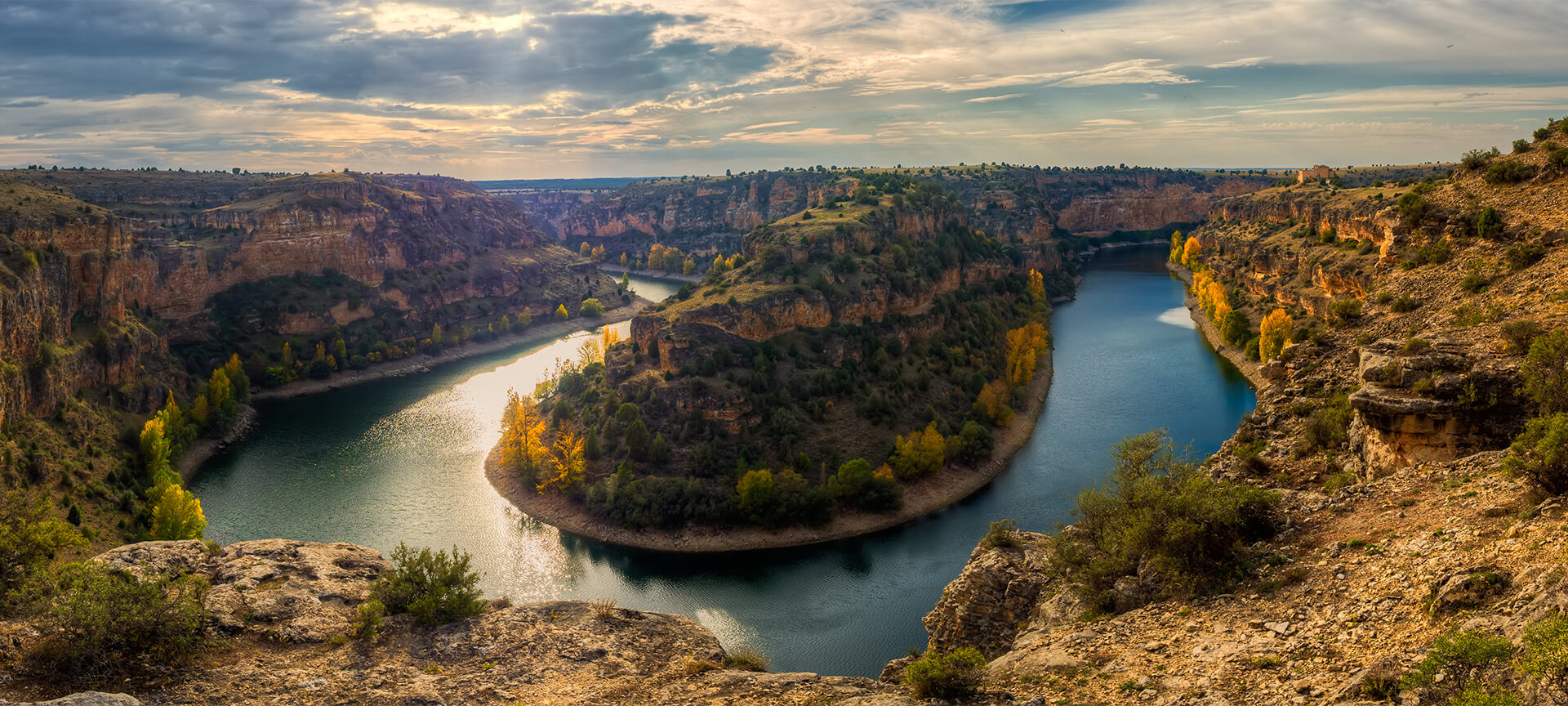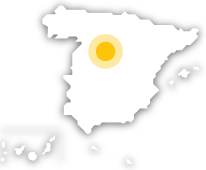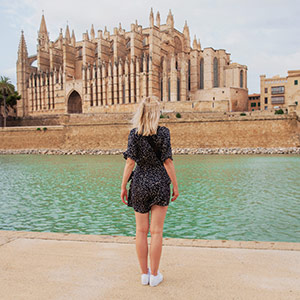
Hoces del Río Duratón Nature Reserve

The force of the River Duratón
The course of the waters of the Duratón has excavated deep gorges in this park, which today is a spectacular refuge for numerous forest birds of prey.
Situated to the northeast of Segovia, it stands out due to its great archaeological and historical riches, together with its natural beauty. The water of the River Duratón is dammed, after passing Sepúlveda, in a canyon with areas that have drops of over 100 metres. An impressive spectacle followed by the River Duratón which, with the force of its waters, has excavated deep gorges in these limestone lands, where a great number of birds of prey nest (mainly the Griffon vulture). The park is spread over the townships of Sepúlveda, Sebúlcor and Carrascal del Río. It is possible to go on two types of basic tours: from above, skirting the abyss, and from below, following the bank of the river.
Debe activar Javascript para poder utilizar este servicio
Hoces del Río Duratón Nature Reserve
Sepúlveda, Segovia (Castilla y Leon)
Segovia (Castilla y Leon):
- Carrascal del Río
- Sebúlcor
- Sepúlveda
Activa JS
What you need to know
-
Cultural information
In Sepúlveda, apart from the architectural ensemble which is the town, you must try the typical roasts. We can find the wetlands four kilometres away from Cantalejo, with an abundance of waterfowl. You must visit the medieval village of Pedraza de la Sierra and Sebúlcor, known as El Sepulcro during the Middle Ages.
-
Environmental information
It houses an important community of forest birds of prey, among which the Griffon's vultures, Egyptian eagles, golden eagles or the sparrowhawks stand out. As for its flora, we must mention the forests of Thuriferous junipers and junipers and the riverside forests of willows, ashes, poplars, elms and alders.
-
Information for visits
The Hoces del Duratón Nature Centre issues the admission passes to the Nature Park during the breeding period of vultures (January-July).

